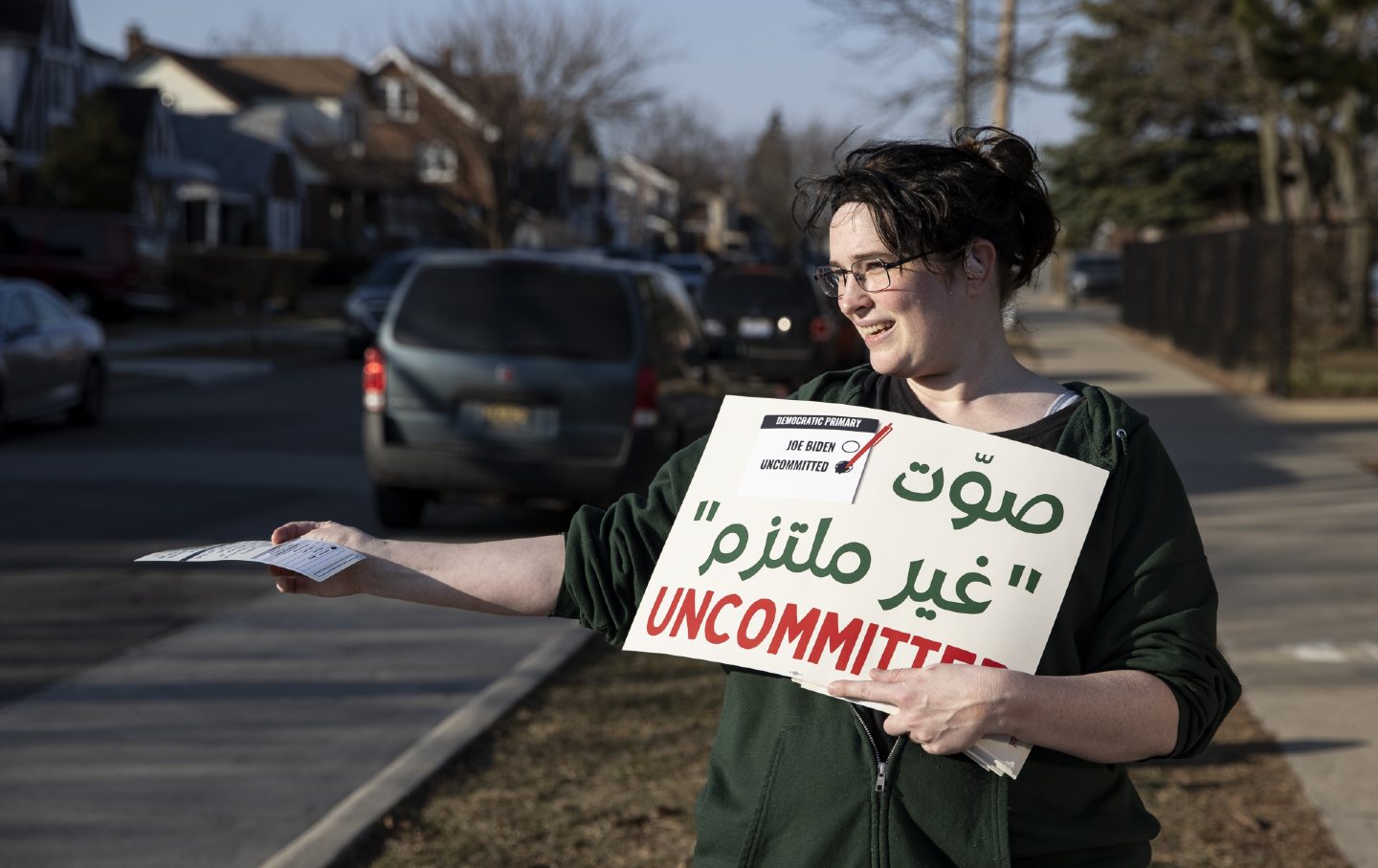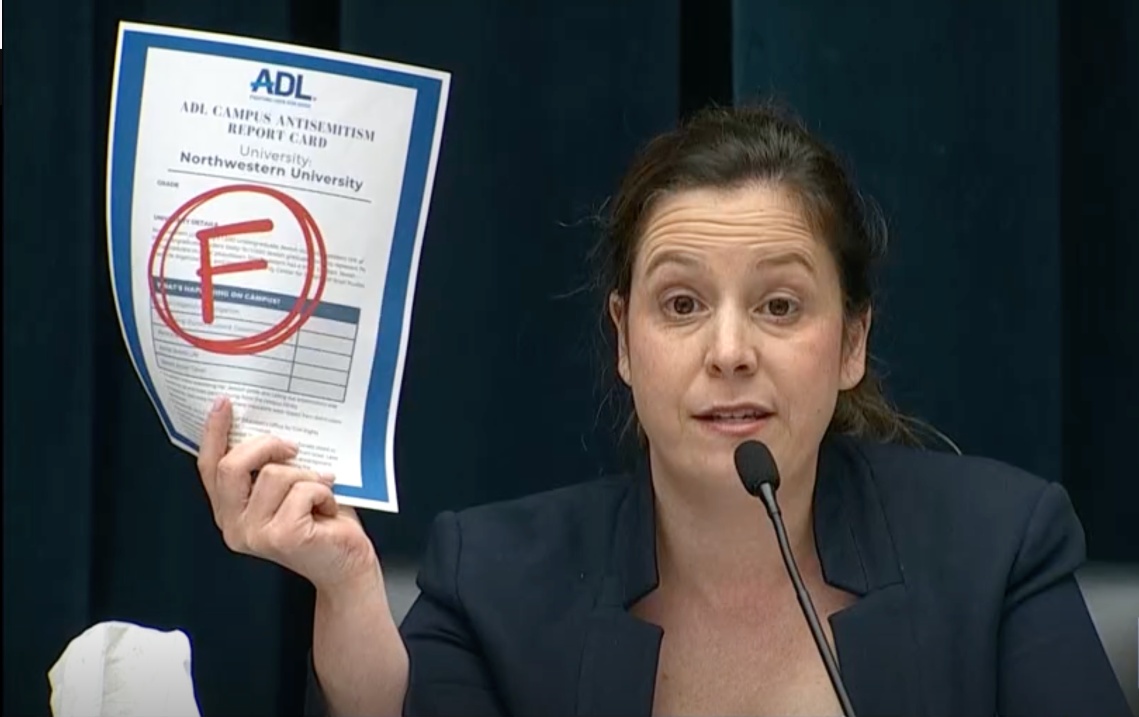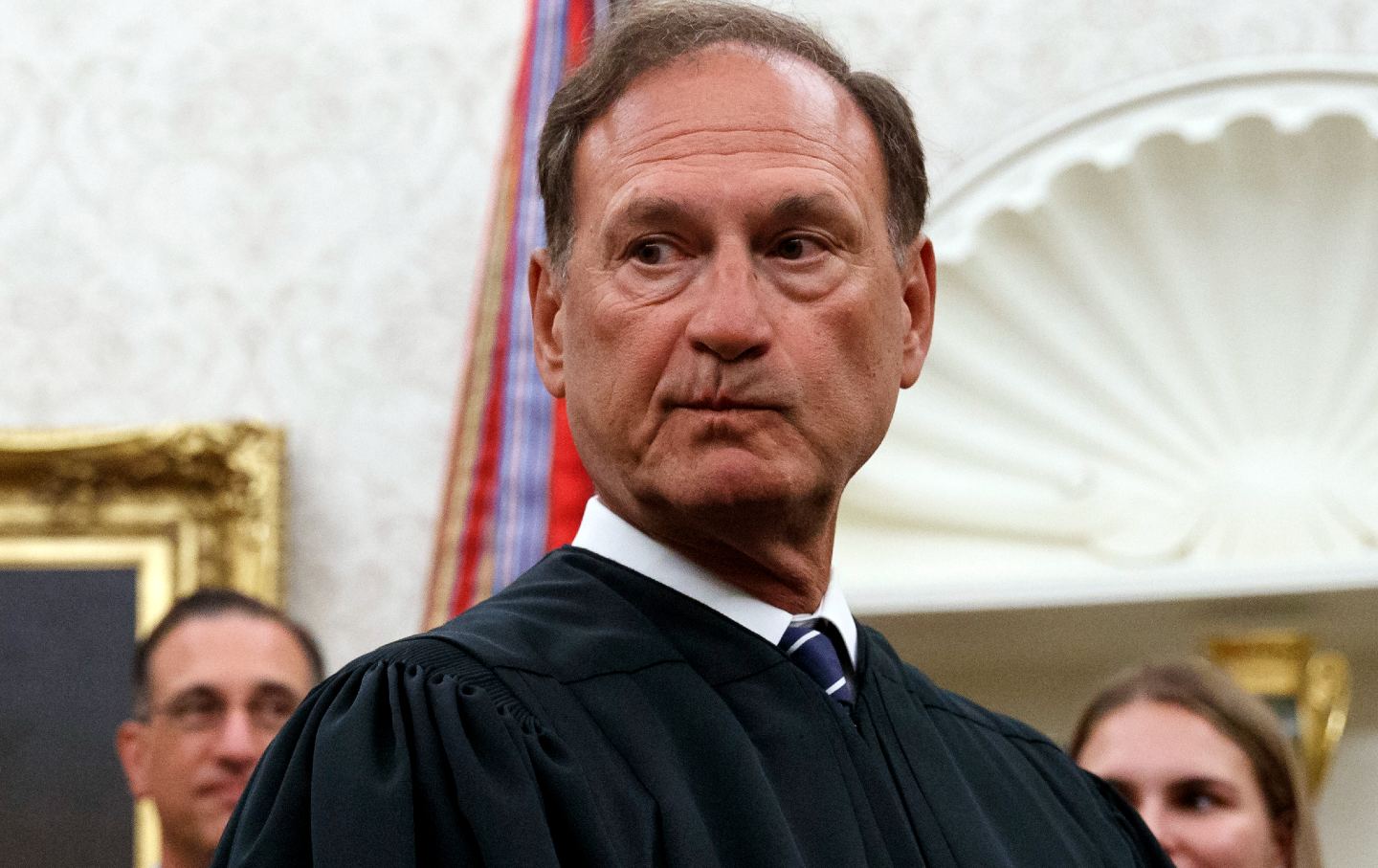Why Uncommitted Votes Matter: Urging Biden to Change His Policy on Israel

For almost 50 years, advocating for Palestinian rights in the United States has been an uphill battle. Support for Israel has always been politically safe. However, recent events have started to shift this long-standing reality.
Over the past seven months, the brutal actions of Israel, causing the deaths and injuries of over 100,000 Palestinians, including thousands of children, have ignited outrage across the U.S. and the world. The indiscriminate use of force and destruction of essential infrastructure have brought unprecedented attention to the plight of Palestinians.
Current Issue
Amidst this crisis, a movement has emerged, demanding an end to U.S. support for Israel. Many Americans, including vital voting blocs, who helped secure Biden’s 2020 victory are now voicing their opposition to the president’s stance on Israel. Protest votes labeled as “Uncommitted” or “Uninstructed” have been cast in significant numbers across several swing states, sending a clear message to Biden.
The shifting public sentiment is also reflected in actions such as student protests, media scrutiny, and political debates. The pressure on the Biden administration to reconsider its position has increased, leading to slightly softened rhetoric from the White House.
The Need for Concrete Action
While verbal expressions of concern are noted, they are insufficient. The outpouring of grief and condemnation from Biden in response to civilian deaths in Gaza rings hollow when followed by the approval of deadly arms shipments to Israel. The recent temporary halt on bomb transfers represents a minor step in the right direction but falls short of a meaningful policy shift.
To truly make a difference, Biden must go beyond mere words and take decisive action to curtail military support to Israel. Calls to cease offensive weapon shipments are only effective if backed by concrete repercussions for Israeli aggression. The threat of consequences must be realized to compel compliance.
Mobilizing Support and Efforts
As we navigate the complexities of the current situation, the focus must shift from an impending election to the urgent realities on the ground. Activists, advocates, and concerned citizens must broaden their efforts to effect immediate change. Increasing pressure on Biden through various means, such as protests, divestment campaigns, and political activism, is necessary to alter the course of action.
Engaging with key demographics, such as the youth vote, requires a nuanced approach that recognizes their rejection of policies enabling violence and genocide. Aligning political strategies with moral imperatives is crucial to garner support and drive meaningful outcomes.
Conclusion
As we grapple with the ongoing crisis in Gaza and the broader implications of U.S. policy in the region, the imperative to act decisively grows more urgent. The power to effect change lies not in distant elections but in the collective actions we take today. It falls upon us to push for accountability, justice, and an end to the violence plaguing Palestinian lives.
Support Independent Journalism
If you value insightful articles like this one, consider supporting independent journalism. Your contribution helps us address critical issues, hold the powerful accountable, and promote a more just and equitable future. Join us in championing fearless reporting and impactful storytelling.
Thank you for your support!








